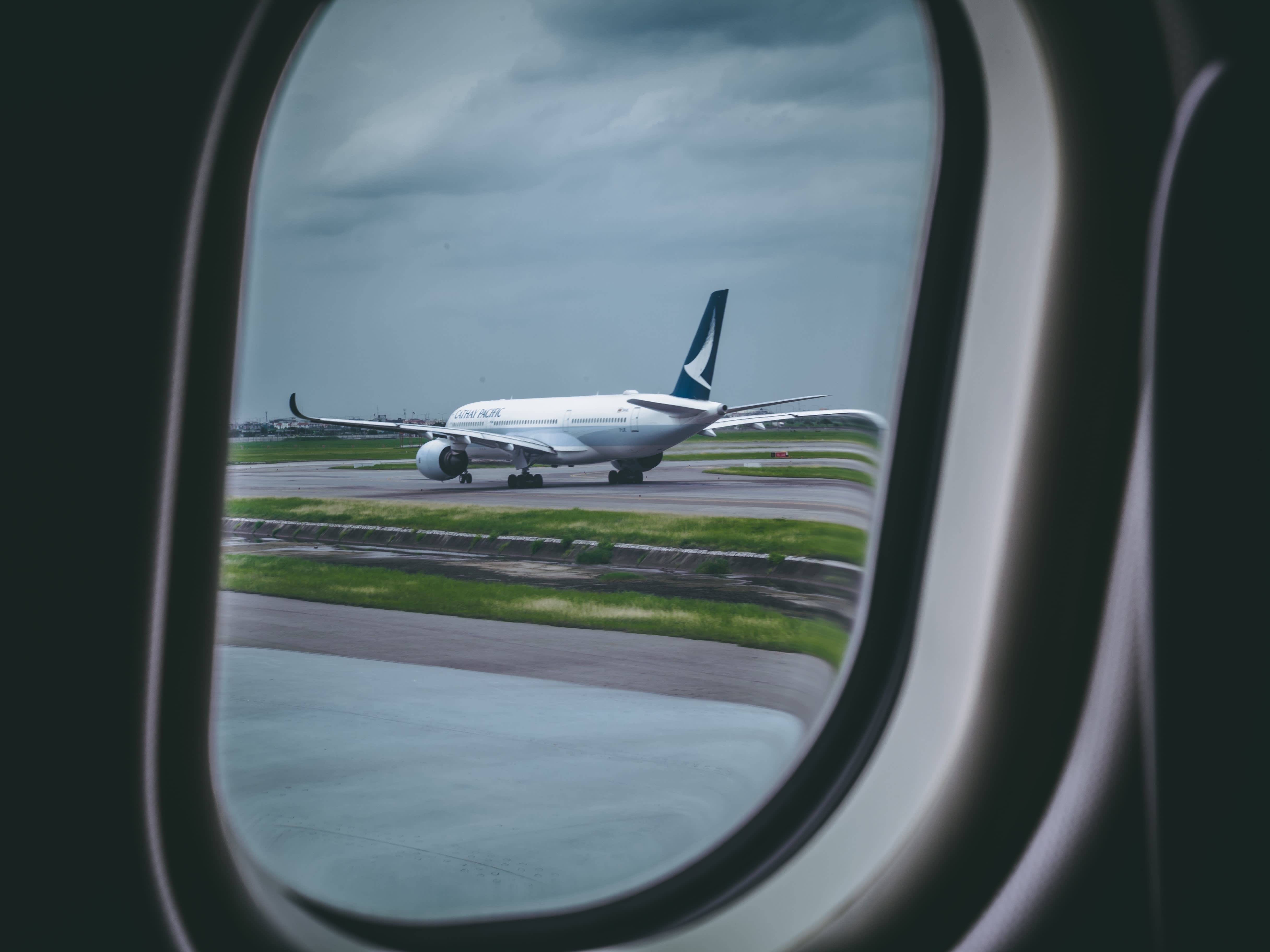The ultimate guide to the cost of living in Brussels
To understand if you can afford to live comfortably in Brussels, we’ll take a close look at its cost of living, including average rent, food, transportation and leisure expenses.
Angelina
Before you’re ready to move to Brussels, it’s important to understand if you can afford to live comfortably there. Will you make enough to have fun in your free time and still set some money aside? To answer this question, we’ll take a close look at the cost of living in Brussels.
Namely, we’ll walk you through:
- Brussels average rent
- Food prices in Brussels
- Costs of leisure activities in Brussels
- Transportation expenses in Brussels
After we’re done, you can start planning your monthly budget and get to the next phase of your move!
Is Brussels expensive to live in?
Being the European Union's capital city, Brussels isn’t a cheap place to live in. But, compared to other major European cities, the cost of living in Brussels, Belgium can be considered quite average.
Let’s have a look:
- Brussels is 13% more expensive than Barcelona
- Brussels is 4% more expensive than Milan
- Cost of living in Brussels is about the same as in Berlin and Rome
- Brussels is 11.69% cheaper than Amsterdam
- Brussels is 21% cheaper than Paris
What is the cost of living in Brussels?

Without rental expenses, you can live comfortably in Brussels for €850 per month. Assuming you rent a studio for yourself, you can expect to spend around €1,772 per month in total.
Considering that the average salary in Belgium is around €3,600 per month, you’ll be able to save some money along the way too.
Rental prices in Brussels

While the prices of everyday living expenses in Brussels are quite high, the rental prices are luckily on the lower side compared to most of the major cities in the EU.
Of course, average rent you'll pay in Brussels will vary depending on size, quality and the proximity to the city centre. On top of that, you can expect to spend around €192 per month on utility costs such as electricity, heating, water and garbage.
Here’s what you can expect from the average rent in Brussels:
| Type of accommodation | Average monthly cost |
|---|---|
| Apartment | €1,163 |
| Studio | € 800 |
| Private room | €625 |
Grocery prices in Brussels
Per person, the average Belgian cost of monthly groceries is around €250 to €300. The truth is, groceries are rather expensive in Belgium. You’ll end up spending about 10% more during your daily supermarket visit in Brussels than you would in France, Germany or the Netherlands. Especially, when it comes to wine and soft drinks. That’s why a third of Belgians regularly cross the border to buy their groceries abroad.
But there’re ways to reduce your expenses in Brussels too. While supermarkets like Carrefour and Delhaize will surprise you with a bigger variety of products and brands, you can buy some of the necessities for much cheaper at discount supermarkets such as Colruyt, Lidl or Aldi. Most of the time you don’t even have to settle for much lesser quality.
In fact, the vegetables and fruits are said to be the best in Lidl!
Here’re the average prices you'll see on your grocery bill in Brussels:
| Product | Average cost |
|---|---|
| Bottle of wine (mid-range) | €8.00 |
| Domestic beer (0.5 litre) | €2.06 |
| Imported beer (0.33 litre) | €3.01 |
| Coca Cola (0.5 litre) | €1.25 |
| Milk (1 litre) | €1.30 |
| Fresh white bread (500 g) | €1.72 |
| Rice (white, 1 kg) | €1.68 |
| Eggs (medium, 12 pieces) | €3.73 |
| Chicken fillet (1 kg) | €11.50 |
| Banana (1 kg) | €1.49 |
| Apples (1 kg) | €2.18 |
| Oranges (1 kg) | €2.36 |
| Potatoes (1 kg) | €1.35 |
Costs of eating out in Brussels
Of course, with the great selection of cafes and restaurants found in Brussels, chances are you’d like to eat out now and then. The good news is that it won’t cost you more than in the neighbouring European capitals. In fact, restaurants in Brussels are somewhat cheaper than in Amsterdam.
Here’s what you can expect to spend when eating out in Brussels:
| Type of expense | Average cost |
|---|---|
| BigMac Combo Meal at McDonald's | €7.50 |
| A meal in an inexpensive restaurant | €15 |
| 3-course meal for 2 in an average restaurant | €62.50 |
| Cappuccino (regular) | €3.70 |
| Local beer (0.5-litre draft) | €5.20 |
| Belgian waffle | €3.50 |
Cost of leisure activities in Brussels
As in any capital where nightlife and cultural life are abundant, you’ll be tempted to spend part of your monthly living expenses in Brussels on entertainment. And you should, as that’s how you really get to know your city and meet new friends!
Here’s what you can expect to pay for leisure activities in Brussels:
| Type | Average cost |
|---|---|
| Cinema ticket | €12 |
| Nightclub entrance | €10 |
| Monthly gym membership | €33 |
| Museum ticket | €10 |
| Bowling (1 hour) | € 39 |
Costs of getting around Brussels
Brussels boasts an extensive public transportation network of trams, buses and metro efficiently covering the whole city. To avoid spending too much on tickets, you should get a MOBIB personal card of €5 and load a subscription that fits your travel needs.
If you travel often, the most value for money plan is the monthly STIB-MIVB season ticket of €49. It allows you unlimited travel within the entire network.
On the other hand, if you don’t need to travel too far, you can easily get around by bike in Brussels. Cycling is popular among the locals as it gets you from A to B much faster than cars or buses.
Here’s what the prices of getting around in Brussels look like:
| Type | Average cost |
|---|---|
| One-way ticket | €2.10 |
| Monthly pass | €49 |
| Taxi basic fee | €2.40 |
| Taxi (1km) | €1.80 |
| Gas (1 litre) | €1.85 |
Now that you’ve got a good understanding of the cost of living in Brussels, you can start preparing your budget and move through the rest of your relocation checklist. You’ll be all set for moving to the European capital in no time!
This article is for informational purposes only.
Please reach out to content @housinganywhere.com if you have any suggestions or questions about the content on this page. For legal advice or help with specific situations, we recommend you contact the appropriate authorities.


